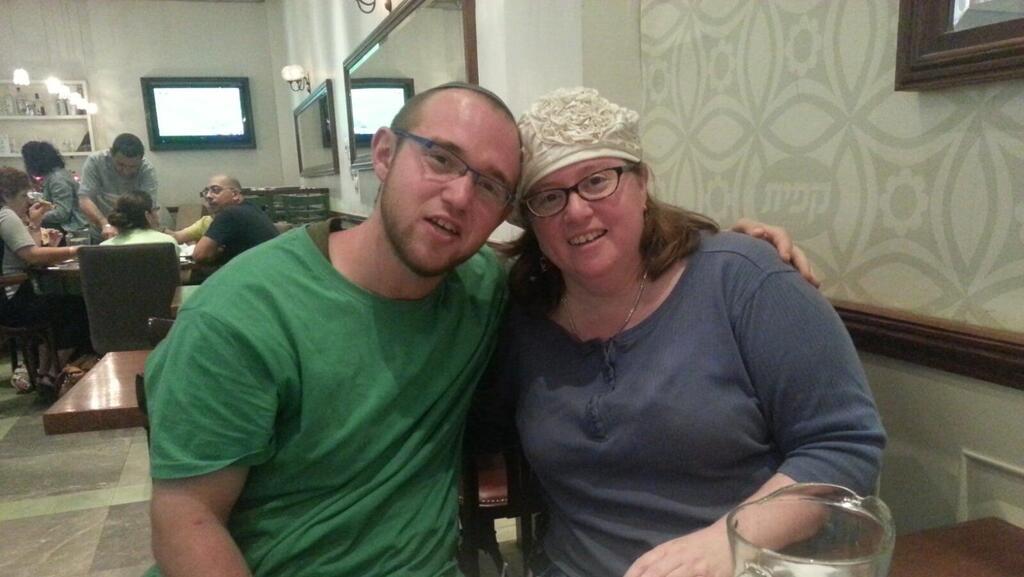A few days ago, I heard Yair Lapid in an interview on a morning show, and I cringed. These were his words: "Smotrich doesn’t want to bring the hostages home; he wants to bring back the ‘IDF can reveal," a term that throughout the current war was almost exclusively associated with the release of the names of fallen IDF soldiers. Even as I read those words now, I recoil at the cynical use of a phrase that, to me, is etched in blood.
On January 16, 2024, I lost my son, Dr. Zechariah Haber—a promising scientist, a Torah scholar, a son, a brother, a husband, and a father to three young children. He fell in Gaza while serving in the reserves.
This is not a political phrase—it is a sentence handed down to families, a life cut short, a grief without end.
Full disclosure: Over the years, I voted for Yair Lapid's Yesh Atid Party and at other times for centrist or center-left parties, which are now in the opposition. But I cannot accept this phrase being used as a political tool, no matter which side it comes from. Beyond the pain, I also struggle with the substance of the statement.
Lapid is making two claims—neither of which, in my view, should ever be made. The first is that anyone who opposes the hostage deal "does not want to bring the hostages home." It is as if there is no room for another opinion, as if it is impossible for a compassionate and caring person to look at the deal and conclude that it is dangerous and the wrong path. As if empathy and sound judgment cannot coexist. Compassion is not the exclusive property of those who support the deal, and no one has a monopoly on the desire to bring the hostages back. I don’t understand why such a terrible accusation against one’s political opponents is acceptable in Israeli discourse.
Get the Ynetnews app on your smartphone: Google Play: https://bit.ly/4eJ37pE | Apple App Store: https://bit.ly/3ZL7iNv
The second is that Smotrich wants more announcements about fallen soldiers. This statement horrifies me. I do not vote for Smotrich’s party, but I do not believe that he—or anyone who believes the war must continue—loves war or feeds off death. This idea, tossed so casually into the public discourse, has turned a strategic debate into sweeping accusations, a tool for attacking an entire sector of society.
 Miriam Haber
Miriam HaberNo one loved life more than my son Zechariah. He did not go to war because he loved death—he went because he knew he was needed. He fought so that others wouldn’t have to die. So that his children could have a better future. And when we met his comrades-in-arms after he fell, we saw that there was not an ounce of love for war among them—there was love for life, mutual responsibility, and a willingness to pay a heavy price to defend our country.
Politicians have no right to cast doubt on them. They have no right to use our pain as a pawn in their game.
It is okay to disagree, and we don’t have to share the same opinion. It is important to hold meaningful discussions about the heavy issues Israeli society is grappling with. But these discussions must be conducted with the basic assumption that even the person with whom I, you, or anyone else disagrees wants what is best for Israeli society.
This column is part of "The Discourse," a project founded by bereaved families to curb inflammatory rhetoric and restore substantive dialogue.


